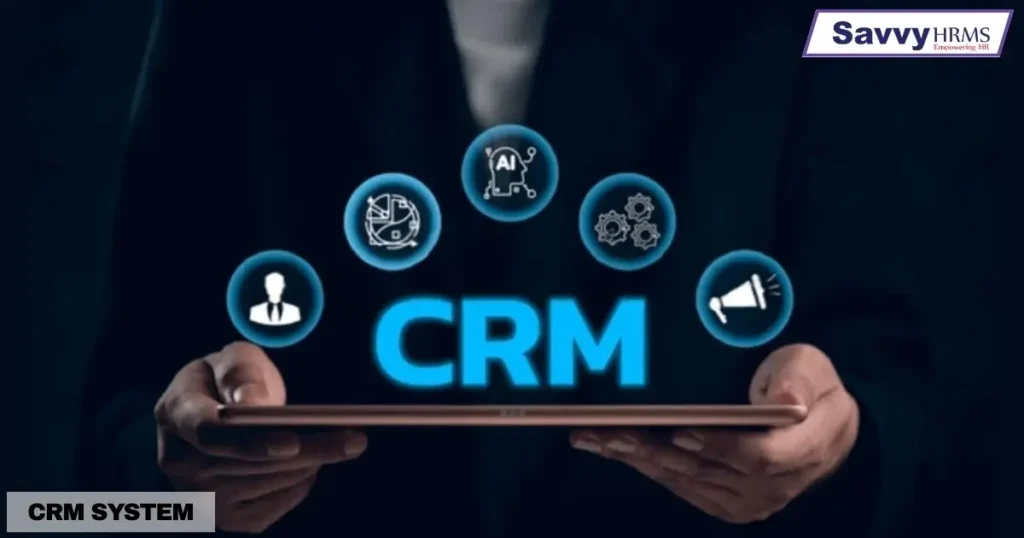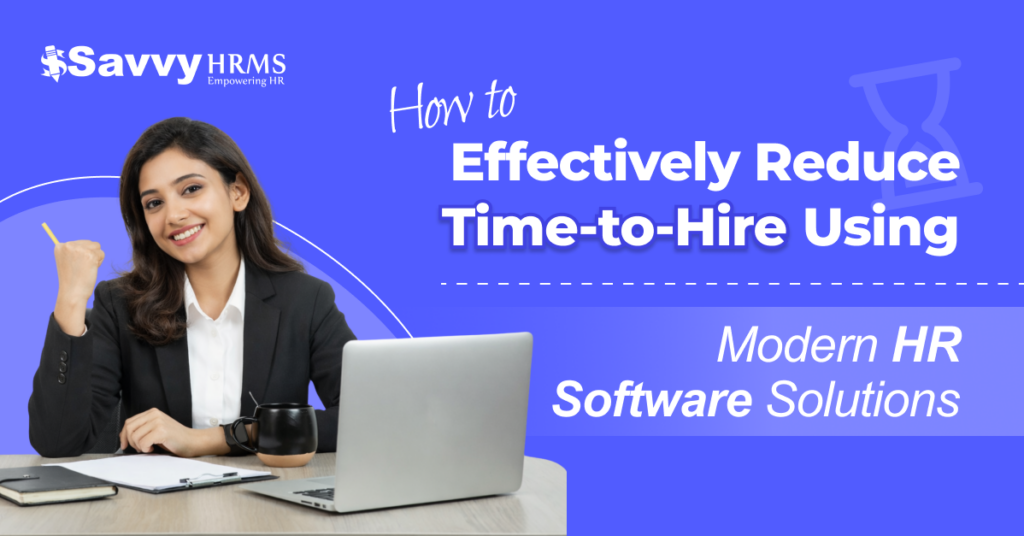In today’s marketplace, customers are more educated and demanding than ever before. To consistently meet customers’ expectations, companies need to be organized, responsive, and connected with a CRM System.
CRM stands for Customer Relationship Management System, a CRM System. It helps companies manage leads, keep track of prospects’ and customers’ interactions. Generally, streamline communications with customers. Ensures that every touchpoint is smarter, faster, and more personally connected.
What is a CRM System?
It allows for managing service tickets, marketing campaigns, and even post-service support. It provides the information required to make every discussion with a customer. That is informed, meaningful, and result-producing.
The Importance of a CRM System
Let’s look closer at why a CRM System is no longer an optional piece of software, but rather a necessity.
1. Better Customer Relations
You know their purchasing history, preferences, and pain points.
2. Streamlined Sales Process
A CRM System allows you to track leads as they progress through your negotiations and deal stages. It also allows tracking of the assigned sales rep for each lead.
3. Improved Team Collaboration
Because everything lives in a shared space, your marketing, sales, and services team are all aligned.
4. Improved Customer Retention
This System provides reminders for scheduled follow-ups. It tracks complaints and can approve and create strategies for complaint resolution. It works to ensure that customer feedback does not get lost or ignored.
Key Features of a Good CRM Platform
Not all software is the same, but here are some features you should absolutely have:
- Task Automation – Set automated tasks, such as follow-ups and email notes.
- Reporting and Analytics – Provide direction on performance and customer behaviours.
- Integration Capabilities – Should sync with your email, social media & potentially accounting software.
Types of CRM Platforms
Depending on your business, you could choose:
1. Operational CRM
2. Analytical CRM
3. Collaborative CRM
Most modern CRM’s incorporate all three types of CRM for a greater service.
How to Select the Right CRM System
The selection of the best CRM System will depend on several factors:
- Business Size – Small businesses may not require a lot of features.
- Ease of Use – A simple, user-friendly interface will help people learn it quickly.
- Customer Support – Identify if, when, and how the provider will provide support.
- Price – Compare the free versus a paid version of CRM platforms, as well as the feature sets.
Advantages of Using a CRM System
To recap the key benefits:
- Houses all customer data in one place
- Increases the speed of response time
- Increases sales ability with lead management
- Decreased manual errors with automation
- Improves customer satisfaction
So all in all, a CRM System can help improve business efficiencies and help forge long-standing relationships.
Challenges You May Face
Despite all the advantages, there are certainly some challenges you may face:
- Reluctance to change – Use training and outline the advantages of the new system.
- Data migration – Be sure to back up the data and engage with experts.
- Overly customizing features – Use required features and don’t use unnecessary features that are not needed.
All of these challenges can be managed with the right plan.
Conclusion
In conclusion, investing in a sophisticated, user-friendly CRM System is just as much about getting ahead. It is about not falling far behind. CRM systems automate your processes, improve customer satisfaction & enable you to scale as needed.
So, if you don’t have a CRM System in place, what are you waiting for? Your customers will appreciate it – and so will your sales team!
FAQs
Q1: What is the meaning of CRM?
CRM stands for Customer Relationship Management.
Q2: Who should use a CRM System?
Any business that interacts with customers daily:
Tracking interactions, tracking sales, and improving service.
Q3: Can a CRM System be utilised for small businesses?
Yes. Many platforms, such as Savvy HRMS, offer free or low-cost plans. This is perfect for small businesses.
Q4: Is CRM just for sales teams?
Definitely not. All departments or teams can also use it.
Q5: What does vary in CRM Systems and ERP?
CRM is focused on customer relationships. At the same time, ERP focuses on inventory, human resource management (HR) & accounting.




